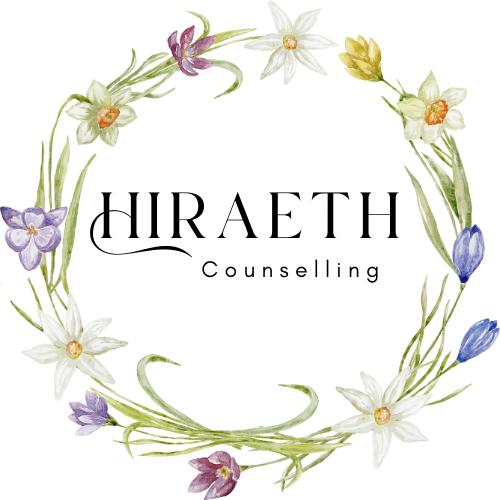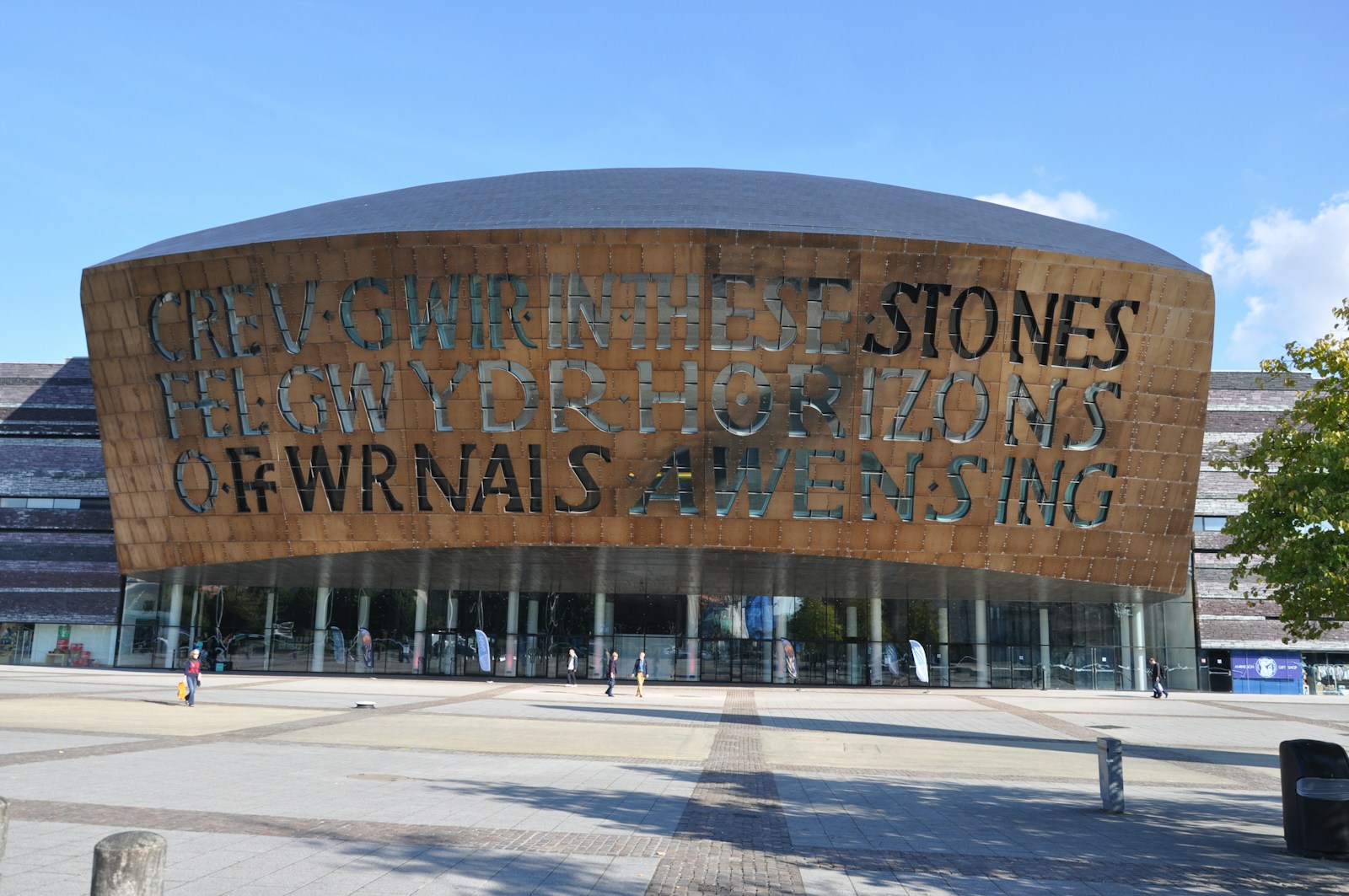What is Emotional Intelligence?
Emotional Intelligence (EI) has been a subject of study since the 1990s, when Daniel Goleman’s best-selling book introduced the concept to the public discourse, building on the pioneering work of Peter Salovey and John Mayer. EI refers to the capacity to perceive, understand, regulate, and respond wisely to emotions, both our own and those of others.
Where IQ measures analytical ability, EI measures relational depth. It captures skills like empathy, reflection, and self-awareness, the very capacities that shape our inner lives and social bonds.
And yet, in modern culture, EI is often overshadowed by more performative traits: confidence, decisiveness, and charisma. These qualities are rewarded because they are visible, legible, and easy to measure. But visibility is not the same as wisdom. We are left to ask: who is truly healthy, the person who appears self-assured, or the one who quietly reflects and sometimes doubts?
Introspection, Self-Doubt, and Emotional Depth
Those who wrestle with self-doubt are often dismissed as insecure or overly sensitive. Yet in psychological terms, self-questioning may signal not weakness but maturity.
Carl Rogers, the humanistic psychologist, described how openness to experience and self-awareness are essential for growth. In contrast, the fixed, rigid, and remote personality resists reflection, presenting certainty but lacking depth. These individuals may appear decisive, yet their inflexibility reveals emotional immaturity.
Self-doubt, on the other hand, often signals an openness to correction, a willingness to grow, and a recognition of complexity. Philosopher Bertrand Russell put it succinctly: “The trouble with the world is that the stupid are cocksure and the intelligent are full of doubt.”
Rogers also emphasised the importance of an inner locus of evaluation, a grounding in one’s own inner sense of worth and truth, rather than dependence on external approval. This inner locus allows a person to act from a quieter, ego-less place. Instead of shouting to be heard, they move with a confidence rooted not in arrogance, but in authenticity. The louder need to prove, dominate, or perform often signals an external locus, driven by comparison and fear.
Ancient Wisdom and Tribal Leadership
Looking back at human history, emotional intelligence was not optional; it was survival. Anthropological research shows that in many tribal and indigenous communities, leaders were chosen not merely for strength or charisma, but for their capacity to reflect, empathise, and anticipate the needs of the group.
The wise elder or chief was often a figure of balance: resolving conflict, tempering reactions and carrying the group’s well-being in mind. A leader who was rigid, impulsive, or disconnected could imperil the entire community.
This is in stark contrast to today’s leadership models, where status is often tied to visibility, charisma, and projection of certainty. We have, in many ways, inverted the values that once ensured survival, rewarding those who appear confident rather than those who are truly wise.
Power, Status, and the Quiet Hero
In contemporary culture, the pursuit of power and status clouds our ability to perceive quieter forms of intelligence. Charisma dazzles, confidence persuades, and the loudest voices are elevated. Yet these traits can mask shallowness.
Musician Dave Grohl sang about his admiration for his “hero”, the humble, ego-less figure whose impact is measured not by spectacle but by integrity and presence, “he’s ordinary.” In our world, we often strive towards individuality and exceptionalism. This archetype captures something easily missed in a world obsessed with the visible. The real heroes may be those who are emotionally intelligent and self-trusting, rather than seeking extra validation.
The late Anthony Bourdain offered a similar perspective. Across his travels, he consistently turned his attention to the cooks, farmers, and community elders who rarely received recognition but carried profound wisdom. For Bourdain, greatness was found not in fame but in humility, in the hidden intelligence of those who quietly sustain culture and life.
Even in politics, Barack Obama frequently acknowledged the value of humility and listening. In his memoirs, he described how doubt informed his decision-making, not as paralysis, but as a safeguard against arrogance. This willingness to reflect, to admit uncertainty, contrasts sharply with the rigid certainty many leaders project.
These figures remind us of a crucial truth: wisdom is not loud. The most enduring intelligence may live in those who seek neither power nor recognition but carry themselves with quiet integrity.
Who is Really Healthy?
When judged by external metrics, wealth, confidence, and followers, the loudest appear successful. But psychological research suggests a different story.
- Self-reflection correlates with higher empathy, stronger relationships, and greater resilience (Grant, Franklin & Langford, 2002).
- Humble leaders are consistently rated as more effective (Owens & Hekman, 2012).
- Overconfidence is repeatedly linked to poor judgment and destructive decision-making (Kahneman, 2011).
Those who never question themselves may lack the humility required for growth. Those who wrestle with doubt are engaging in the very process that builds wisdom. Emotional health, then, is not the absence of self-questioning; it is the presence of reflection.
Gender and Emotional Intelligence
Gender expectations complicate how EI is valued. Women are often expected to embody empathy, care, and emotional regulation, not only for themselves but for those around them. Men, conversely, are socialised to suppress emotion, project certainty, and avoid vulnerability, including self-doubt.
Research shows women tend to score higher on measures of empathy and relational awareness (Bar-On, 2006). Yet, these skills are often undervalued in professional hierarchies, where traditionally masculine-coded traits, such as decisiveness and confidence, tend to dominate. Women may be penalised both for lacking emotional warmth and for displaying assertiveness.
The irony is stark: the very qualities historically dismissed as “soft” are increasingly recognised as essential for leadership, innovation, and human connection. The gendered devaluing of emotional intelligence reveals not a flaw in women or men, but a flaw in cultural perception.
The Neurodiverse Lens
For neurodivergent individuals, particularly those with ADHD or autism, emotional intelligence presents in unique ways. Many experience hyper self-awareness—perceiving subtle cues, shifts in tone, and rejections that others overlook. This can lead to profound empathy but also painful vulnerability, such as rejection-sensitive dysphoria.
Society often pathologises this sensitivity as “overthinking” or “oversensitivity.” Yet seen differently, it represents a heightened attunement, a deeper register of emotional intelligence. Neurodivergent processing of emotion may bring insight, creativity, and relational nuance that traditional measures of EI fail to capture (Armstrong, 2010).
What looks like fragility from one perspective may, from another, be a form of depth that our culture is not yet equipped to value.
Towards a Culture That Values Reflection
Across history, within psychology, and lived experience, one message emerges: the healthiest people are not those most certain, but those most reflective.
A culture that truly valued emotional intelligence would:
- Reward humility as much as confidence.
- Recognise self-doubt as openness, not weakness.
- Celebrate the quiet hero as much as the loud performer.
- Create space for neurodiverse forms of emotional depth.
To live from an inner locus of control, as Rogers described, is to move from a place of grounded authenticity rather than external approval. It is to act without needing the louder performance of the ego. It is the quieter voice, the one that listens, reflects, and adapts – that ultimately carries wisdom.
If we can begin to value reflection over performance, humility over bravado, and authenticity over status, we might recover what our ancestors already knew: survival and flourishing depend not on noise, but on wisdom.
Reframing Self-Doubt as Strength
Self-doubt carries a heavy cultural stigma. In a world that prizes certainty, decisiveness, and confidence, doubt is often equated with weakness, incompetence, or lack of leadership. From childhood onward, many of us are conditioned to believe that hesitation signals failure and that to be successful, we must project unwavering confidence.
Yet this cultural judgment misreads the nature of self-doubt. Doubt does not always signal fragility; it can signal humility, openness, and emotional honesty. It reflects an awareness of complexity, a recognition that answers are not always simple, and a willingness to reconsider. These are not signs of weakness but of strength.
Carl Rogers would suggest that those who live from an inner locus of evaluation are less reliant on external validation. They do not need to project false certainty to be valued. Their self-questioning is not insecurity, but integrity, a reflection of their commitment to authenticity. This quieter way of being contrasts with the loud confidence often rewarded in society, but it is arguably more sustainable and more honest.
When we reframe self-doubt, we begin to see it not as a flaw but as part of a deeper emotional intelligence:
- A check on arrogance. Doubt prevents overconfidence and blind spots.
- A pathway to empathy. Those who question themselves are often more attuned to others’ needs and perspectives.
- A tool for growth. Reflection and revision allow individuals to learn, adapt, and mature.
- A sign of wisdom. As Russell observed, certainty often belongs to the less informed, while doubt belongs to those who grasp the complexity of reality.
The challenge, then, is cultural as much as personal. We must learn to value reflection as much as decisiveness, humility as much as charisma, and authenticity as much as confidence. At the personal level, this means making peace with our own doubts, recognising them not as evidence of inadequacy, but as invitations to reflect more deeply. At the cultural level, it means reshaping our judgments so that we no longer penalise doubt but see it as a marker of depth, responsibility, and emotional maturity.
To doubt is to care, to reflect, and to remain open. And in a world often driven by noise, certainty, and spectacle, doubt may be one of the healthiest forms of intelligence we can cultivate.
References
- Armstrong, T. (2010). Neurodiversity: Discovering the Extraordinary Gifts of Autism, ADHD, Dyslexia, and Other Brain Differences. Da Capo Press.
- Bar-On, R. (2006). The Bar-On model of emotional-social intelligence. Psicothema, 18, 13–25.
- Boehm, C. (1999). Hierarchy in the Forest: The Evolution of Egalitarian Behavior. Harvard University Press.
- Goleman, D. (1995). Emotional Intelligence. Bantam Books.
- Grant, A. M., Franklin, J., & Langford, P. (2002). The self-reflection and insight scale: A new measure of private self-consciousness. Social Behavior and Personality, 30(8), 821–835.
- Kahneman, D. (2011). Thinking, Fast and Slow. Farrar, Straus and Giroux.
- Owens, B. P., & Hekman, D







